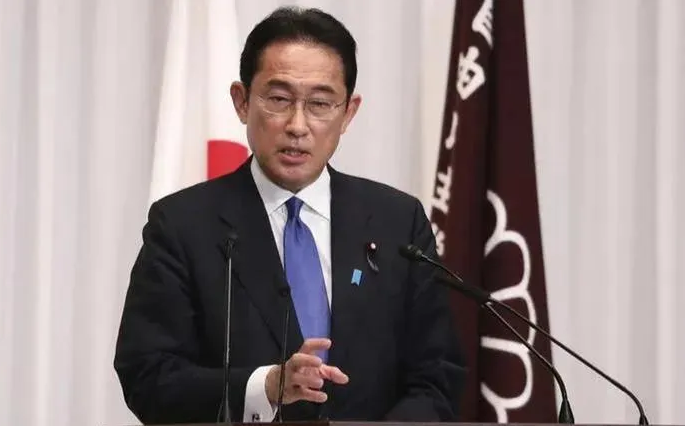TOKYO – Japan on Friday urged companies to raise wages on par with price hikes of around 2 per cent, a level the central bank has set as its inflation target, so that the world’s third-largest economy can complete its exit from deflation, Kyodo news agency reported.
The government said in its Annual Report on the Japanese Economy and Public Finance that such an economy will block the country from falling into stagflation, at a time when the United States, Europe and others are suffering from price surges fanned by Russia’s war against Ukraine.
It was the first such paper compiled under Prime Minister Fumio Kishida, who pledges to bring about “new capitalism,” characterized by a virtuous cycle of growth and redistribution driven by investment into people.
The document underscored “the need to shift to a new system featuring sustained and stable price increases of about 2 percent and corresponding wage growth rates.”
“Given that the economy continues to be picking up and the rate of price increases is not significantly high, Japan is not in a state of so-called stagflation,” which involves slow growth and high inflation mixed with high unemployment, it said.
The rate of price hikes in Japan is higher than that in the recent past, but it is attributable primarily to surging import prices driven by crude oil prices, said a government official who briefed reporters.
Japan has yet to completely exit from long-lasting deflation, the official said.
“To get (the country) out of deflation, it is vital that nominal wages rise in line with price increases and growth in labor productivity,” the paper said.
But since 1997, “The rate of increase in nominal wages has not been enough considering the rate of price increases,” it said, citing businesses’ cautiousness to expand operations by carrying out major investments in the midst of persistent deflation.
Companies have also regarded wages as costs, not investment in employees, resulting in insufficient distribution of profits.




